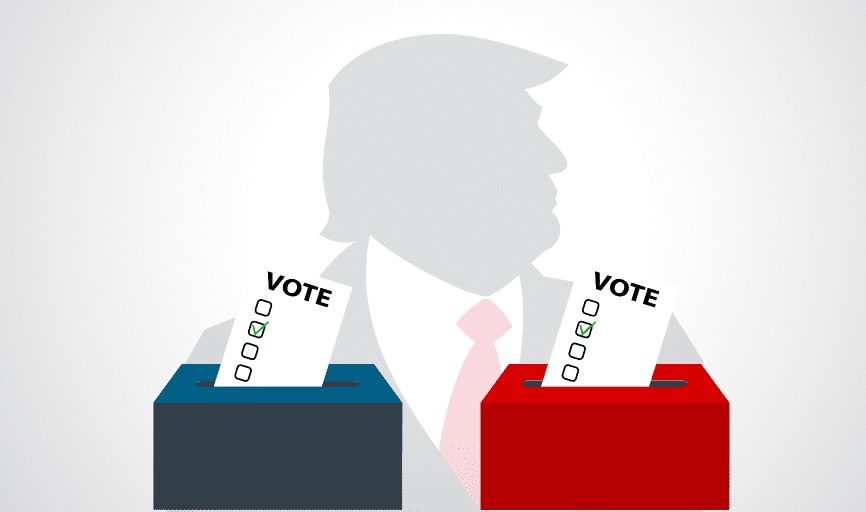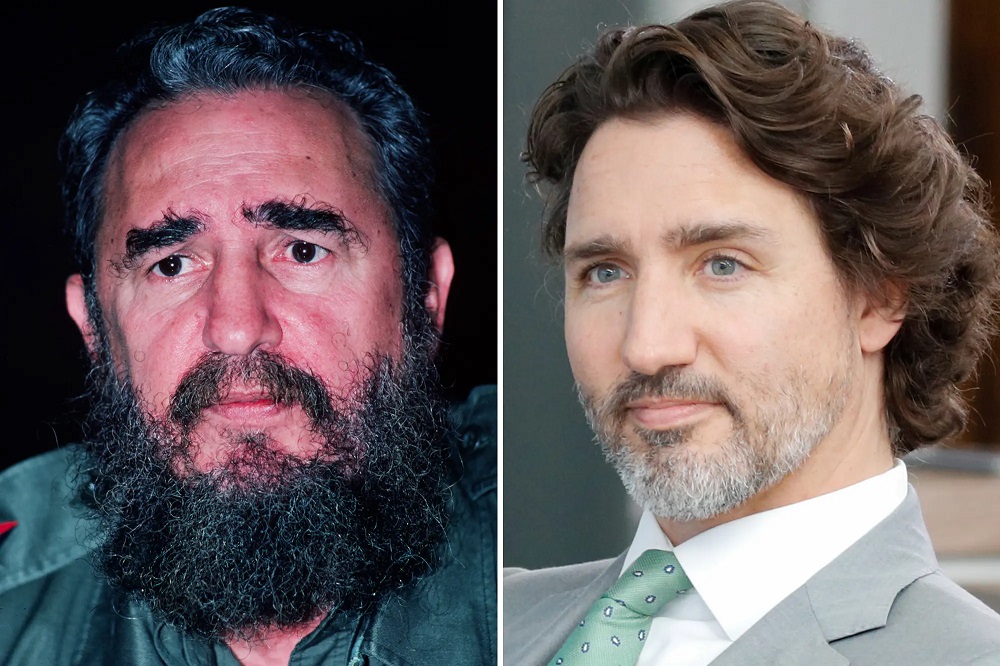WHY AMERICA AND DEMOCRATIC NATIONS MUST DISMANTLE MULTINATIONAL NEWS CORPORATIONS, BANKS, AND BUSINESSES TO PRESERVE FREE SPEECH AND DEMOCRACY
INTRODUCTION
The erosion of free speech and democracy in the U.S. and other democratic nations is increasingly driven by the consolidation of power within multinational corporations, banks, and media conglomerates. These entities shape public discourse and dominate political decisions while undermining the foundational principles of democratic societies. Throughout history, powerful Jewish families, such as the Rothschilds, and modern financial titans like George Soros, have played instrumental roles in shaping global finance, politics, and territorial conflicts.
This article explores how these forces have historically influenced both America and Europe, capitalizing on economic crises, wars, and revolutions. By investigating the roots of Jewish financial power—whether in pre-WWII Germany, the Great Depression, or the creation of Israel—we’ll uncover the profound implications of these influences on free speech, democracy, and global stability.
I. THE ORIGINS OF CORPORATE CONTROL OVER FREE SPEECH
The Telecommunications Act of 1996, signed into law by Bill Clinton, is widely recognized as the key moment that allowed for the consolidation of American media into the hands of just a few powerful conglomerates. This act deregulated media ownership, removing previous limits on how many media outlets a single company could own. As a result, companies like Comcast (NBCUniversal), Disney, Paramount Global, and Warner Bros. Discovery now control roughly 90% of U.S. media (Wikipedia)(Encyclopedia Britannica).
This centralization mirrors earlier patterns in Europe and Germany before WWII, where Jewish bankers and business owners came to control large portions of the financial sector and the media. Werner Sombart, a German economic historian, noted that German Jews controlled a disproportionate share of banks, newspapers, and entertainment venues, fueling resentment among non-Jewish Germans, which Hitler exploited (My Jewish Learning) (ynetnews). This resentment eventually became one of the drivers of Nazi propaganda, which blamed Jews for both the economic woes of post-WWI Germany and the Treaty of Versailles, which imposed severe reparations on the country.
The consolidation of wealth and power into the hands of a few—regardless of whether it is through banks, media, or corporations—poses a serious threat to the balance of free speech and democracy. When these entities control the public narrative, dissenting voices are often silenced, creating a homogenized media landscape that favors globalist interests over those of individual nations.
II. WHO RUNS HOLLYWOOD, MEDIA, AND GLOBALIST ORGANIZATIONS?
The concentration of power is also prevalent in Hollywood and media. Jewish-American executives such as Steven Spielberg, Jeffrey Katzenberg, and the now-disgraced Harvey Weinstein have historically controlled the entertainment industry, dictating cultural narratives that align with globalist agendas(Fiveable).
George Soros is another prominent figure whose influence in both finance and global politics has raised significant controversy. Known for his role in crashing the British pound in 1992, Soros has leveraged his wealth to fund various political movements across the globe. Through his Open Society Foundations, Soros has poured millions into causes that push for open borders and social justice reforms, often causing instability. His investments include major stakes in companies such as Disney, Costco, BlackRock, and Wayfair, allowing him to wield considerable influence over the global economy (InfluenceWatch).
Most controversially, Soros has been linked to pro-Palestinian movements on American university campuses, leading some critics to accuse him of funding movements that destabilize both America and Israel (Washington Examiner) (Business Today). Soros’ financial activities are reminiscent of the Rothschilds in Europe, who similarly profited from instability and crises, making fortunes from wars and revolutions while often controlling political outcomes behind the scenes.
III. GLOBALIST INFLUENCE ON BANKING, LAND, FOOD, AND INDUSTRY
The Rothschild family is perhaps the most iconic example of Jewish influence in global finance. Mayer Amschel Rothschild, the family’s patriarch, established a dynasty that sent his five sons to the financial centers of London, Paris, Vienna, Naples, and Frankfurt, enabling them to dominate the European banking system. The Rothschilds became known for their practice of funding both sides of wars, profiting regardless of the victor(ynetnews). Their financial backing of the Napoleonic Wars helped shape the political map of Europe while increasing their wealth and influence over European governments.
This kind of financial dominance had enormous implications for European politics and played a key role in WWI and WWII. During these conflicts, Jewish banking families were often seen as working behind the scenes to control both finance and politics, leading to increased antisemitism and fueling Hitler’s belief in Judeo-Bolshevism, which he saw as a Jewish conspiracy to control global communism and capitalism (ynetnews).
In the U.S., the Great Depression further cemented the role of Jewish financiers in shaping American history. Lehman Brothers, a prominent Jewish banking family, was among the firms implicated in the stock market crash of 1929, although they were not solely responsible (My Jewish Learning) (ynetnews). Jewish bankers, like their European counterparts, became scapegoats for economic turmoil, feeding into antisemitic sentiments that accused them of controlling too much of the global economy.
IV. ISRAEL, INTELLIGENCE, AND THE GAZA CONFLICT
The role of Jewish influence in shaping modern territorial conflicts is most evident in the creation of Israel. The Balfour Declaration of 1917, where Britain promised to establish a Jewish homeland in Palestine, was controversial because it gave the Jewish people land already promised to the local Palestinian population (ynetnews). This conflict, which began in the early 20th century, continues today, with ongoing disputes over land and national identity.
In ancient times, Jews came out of Egyptian slavery and, upon entering the Promised Land, are said to have exterminated tribes such as the Canaanites, Amalekites, and Philistines. This historical precedent for territorial conquest continues to influence modern Israeli policy in regions like Gaza and the West Bank, where military actions are justified by historical and religious claims. (ynetnews).
In more recent years, Jewish financiers like George Soros have funded pro-Palestinian movements, further complicating the narrative. While Soros identifies as Jewish, his financial support for Palestinian causes has led some to accuse him of attempting to destabilize American and Israeli political systems simultaneously (Washington Examiner).
V. THE ROLE OF THE WHO IN SHAPING GLOBAL HEALTH POLICIES
The World Health Organization (WHO) plays a central role in global health governance. During crises like the Covid-19 pandemic, the WHO’s policies shaped global responses and had massive implications for national economies and individual freedoms. Critics argue that its recommendations disproportionately benefitted pharmaceutical companies and global elites.
Key figures such as Bill Gates have had significant financial influence over the WHO. Gates, through the Bill and Melinda Gates Foundation, is one of the largest non-governmental donors to the WHO. His involvement has sparked concerns about private influence over what is supposed to be an independent global health body. The Gates Foundation funds numerous vaccination programs, and while these initiatives have contributed to combating diseases, they have also centralized control over health policies, making countries dependent on pharmaceutical giants (Brookings).
The WHO has also been criticized for how it handles pandemic preparedness and response, with many seeing its approach as favoring lockdowns and mass vaccinations over other solutions. These policies have benefitted Big Pharma companies, many of which are owned by multinational investors and influenced by globalist figures like George Soros (Brookings). This connection raises the question: are health policies being shaped for the good of public health, or for the financial benefit of the few?
The Covid-19 pandemic showed how powerful organizations like the WHO, backed by influential figures, can shape global health outcomes, often to the detriment of smaller nations that cannot afford to implement their recommendations without crippling economic consequences. This consolidation of power in health governance mirrors the broader centralization of control seen in other sectors like media, banking, and agriculture.
VI. BALANCING AMERICA’S DOMINANCE AND DEMOCRACY
As America and other democratic nations face the growing power of multinational corporations, the question arises: how can these entities be dismantled while maintaining national sovereignty and ensuring America’s position as a global power? If dismantling multinational banks, media conglomerates, and businesses leads to a power vacuum, adversarial nations like China or Russia could fill that void, using their influence to undermine democratic values on a global scale.
The balance lies in restructuring domestic corporations to prevent overreach while maintaining America’s dominance in key areas such as technology, media, and finance. Currently, much of the American economy is dominated by a handful of massive corporations, many of which have international investors who do not necessarily share America’s democratic ideals. If control is transferred from American multinational corporations to foreign-owned conglomerates, there is a real risk that foreign powers could use these resources to impose their own political and social agendas.
Maintaining free speech and democracy requires a careful balance between corporate control and government regulation. While dismantling some of these entities may be necessary to prevent further centralization of power, doing so must be strategic, ensuring that American industries remain competitive on the global stage without falling prey to authoritarian influences abroad.
One way to achieve this balance is by creating stronger antitrust laws that break up monopolistic power structures while fostering innovation and competition within American borders. This approach would limit the excessive influence of multinational corporations and globalist organizations while keeping American industry strong. However, such reforms must be accompanied by efforts to strengthen democratic institutions, ensuring that free speech remains a core tenet of American society.
VII. GOD AND SATAN AND THE QUESTION OF FREE WILL
The Rothschild family’s control over European banking, particularly their practice of funding wars on both sides, raises spiritual and moral questions about the fairness of free will. Biblical teachings, such as Ecclesiastes 8:9, describe how man dominates man to his injury, echoing the control exerted by powerful financiers over governments and nations (ynetnews).
Hitler’s attack on Russia was fueled by his belief that Jews controlled both German banking and Bolshevik communism. Hitler viewed Judeo-Bolshevism as a global Jewish conspiracy designed to control the world through both capitalism and communism, motivating his decision to launch an invasion of Russia (ynetnews). This belief underscores how the concentration of power in the hands of Jewish financiers has historically led to global conflicts and crises, including the devastation of WWII.
CONCLUSION
Throughout history, Jewish financial elites like the Rothschilds and modern figures like George Soros have played critical roles in shaping global finance, politics, and territorial conflicts. While they have contributed to economic growth and job creation, their consolidation of wealth has also left fledgling democracies vulnerable to control by a small elite.
As democracies around the world grapple with these forces, the question of free speech and democracy comes into sharp focus. Can a true democracy exist in a world where so much power is concentrated in the hands of a few? The historical role of Jewish elites provides insight into the potential dangers of such concentrated power, with the spiritual question of whether Satan’s influence is tipping the scales toward authoritarian control becoming more relevant than ever.




